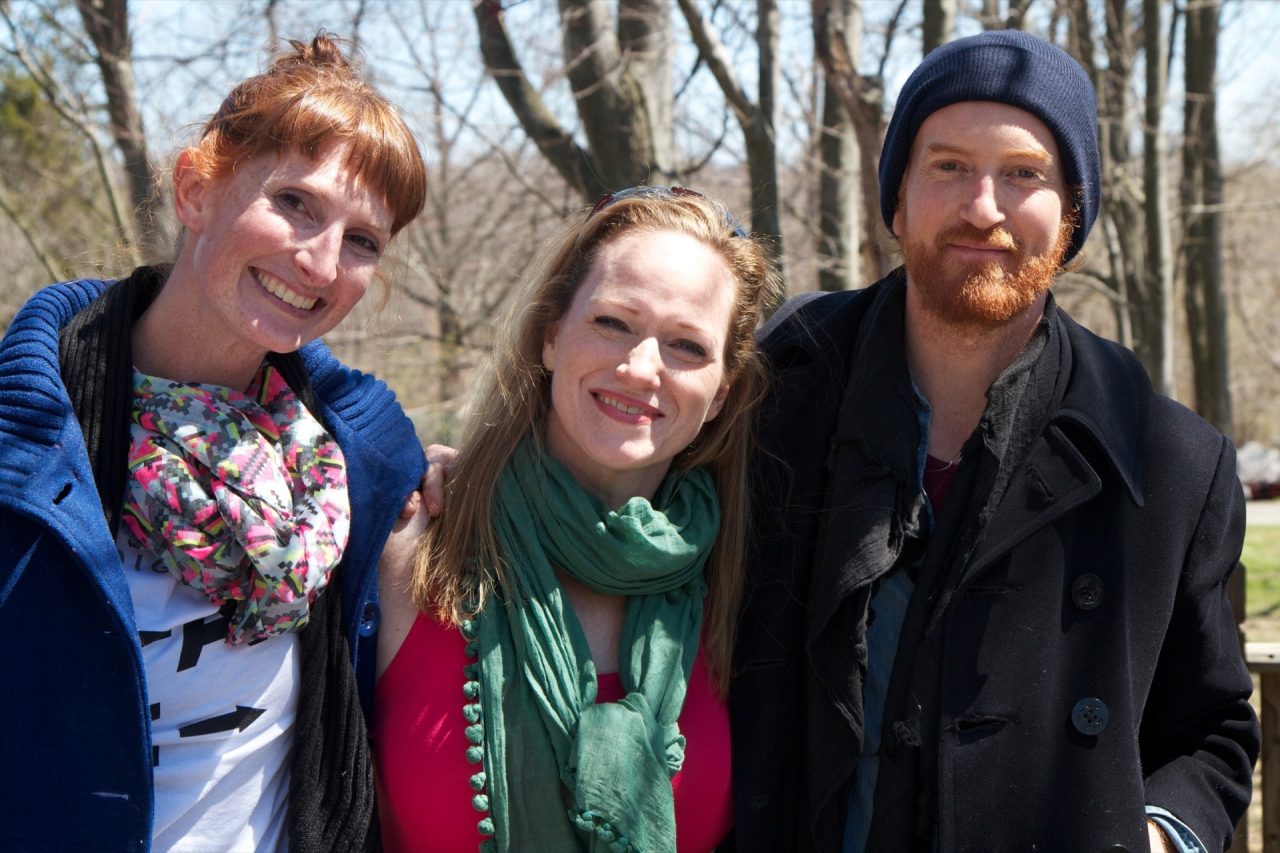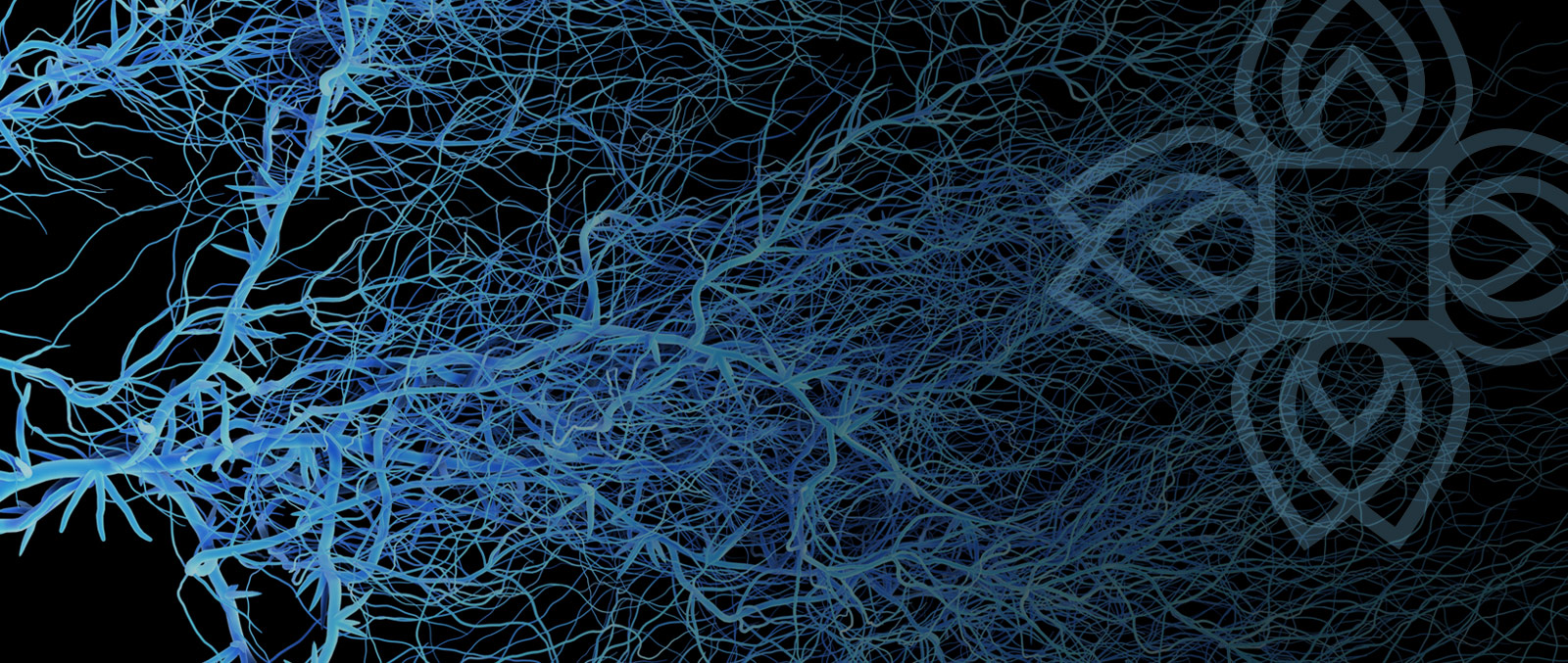A transformational journey into the science, wisdom and practice of mindfulness, compassion and embodiment.
Join the Waitlist
Nalanda Institute’s Contemplative Psychotherapy Program is a premier program for the integration of proven teachings on Mindfulness, Compassion and Embodiment with contemporary neuropsychology, psychotherapy and the shared pursuit of positive social change.
The program is made up of three separate 9-month courses—Certificate Program in Mindful Insight, Certificate Program in Wise Compassion, and Certificate Program in Embodied Wisdom—providing the time and space for these teachings and practices to become part of one’s life and way of being.
We have assembled the most complete team of experts to teach you to weave contemplative psychology, insights, and practices into the daily fabric of your personal life and professional practice. The program is led by Drs. Joe Loizzo and Pilar Jennings. Past guest faculty have included Robert Thurman, Sharon Salzberg, Rev. angel Kyodo williams, Lama Rod Owens, Tara Brach, Mark Epstein, Jan Willis, Roshi Joan Halifax, Rick Hanson, Chris Germer, Jasmine Syedullah, Richard Davidson, Dr. Nida Chenagtsang, Lobsang Rapgay, Dan Siegel, Ethan Nichtern, and many others.
Benefits
The Contemplative Psychotherapy Program is a truly life-changing experience that invites students to engage rigorous content, experiential practices and open-hearted dialogue in a unique journey of contemplative learning and communal transformation. Participants leave the program with the transformational insights and practices to more consciously shape their life and be of greater benefit to all the lives they touch.
Here are just some of the vital benefits participants will gain:
- Comprehensive grounding in Buddhist Psychology for a deeper understanding of the mind and healing
- Greater understanding of the East-West dialogue around neuroscience, psychology and social justice for greater confidence in the application of contemplative practice in contemporary life and work
- Rigorous training in mindfulness, compassion and embodiment practice
- Mentoring in contemplative self-analysis for personal growth, professional development and compassionate leadership
- An inclusive caring community of kindred spirits that inspires and supports deep personal transformation
- 12 Continuing Education Credits (CEs) are available per retreat (each program has a fall and spring retreat)
Who Is This Program For?
This program is for anyone looking to deepen their understanding of contemplative psychology and practice and harness this understanding to better support others and improve the world we share. Many that take the program are caregiving professionals in mental health, healing arts, teaching and coaching fields. We also have graduate students, lawyers, businesspeople, artists, folks in career transition or retirement, among many others. The commonality uniting our students is a sincere desire to deepen their personal growth and be a benefit to those around them.
What Motivates Our Students?
“A deep desire to continue to learn, to transform my mind, to be in sacred community…”
Yoga Teacher
“…to help me grow and develop as a clinician and as a person. I mostly identify with a contemplative approach to therapy and want to learn how to integrate this more into my practice.”
Clinical Psychologist
“…support my evolution as an individual, enhance my perspective, and give me greater insight into how I choose to show up in the world.”
Life Coach
“…to help myself, and other educators, and our students, grow beyond the scope of textbooks and feel more connected, fulfilled, and confident.”
University Professor
“I am particularly interested in the synergy of practices between East and West, while also working with practices that feel grounded and rooted in deep traditions. After many years of self-directed learning, I feel ready to go deeper into my personal study and to experience a container that supports this kind of exploration.”
Small Business Owner

Program Details
Contemplative Psychotherapy is a modular program taught over three years focusing on Mindfulness, Compassion and Embodiment respectively. Since each year is a complete course, students are not obligated to take all three years and may choose to study one, two or all three courses according to their needs and interests. Certificates of completion are awarded at the end of each course.
Each year consists of two semesters that span September/October – May/June. Classes meet online via Zoom and feature guided meditation, teaching, and group discussion. Students may participate in study and meditation groups outside of class.
The program is supported by a student portal with video teachings, audio meditations, and readings from a variety of sources. Throughout each year students work on a capstone project — helping them formulate how they intend to apply these teachings in their life.
Schedule
Registration is now closed for the 2024-2025 programming. The Certificate Program in Mindful Insight will be offered again in 2025-2026. A waitlist will be open soon, to be notified of when registration opens! Until then, for more information please contact Geri Loizzo, Director of Programs, at geri@nalandainstitute.org
For more information about the Spanish and Portuguese program please contact Mar Aige, at mar@nalandainstitute.org

